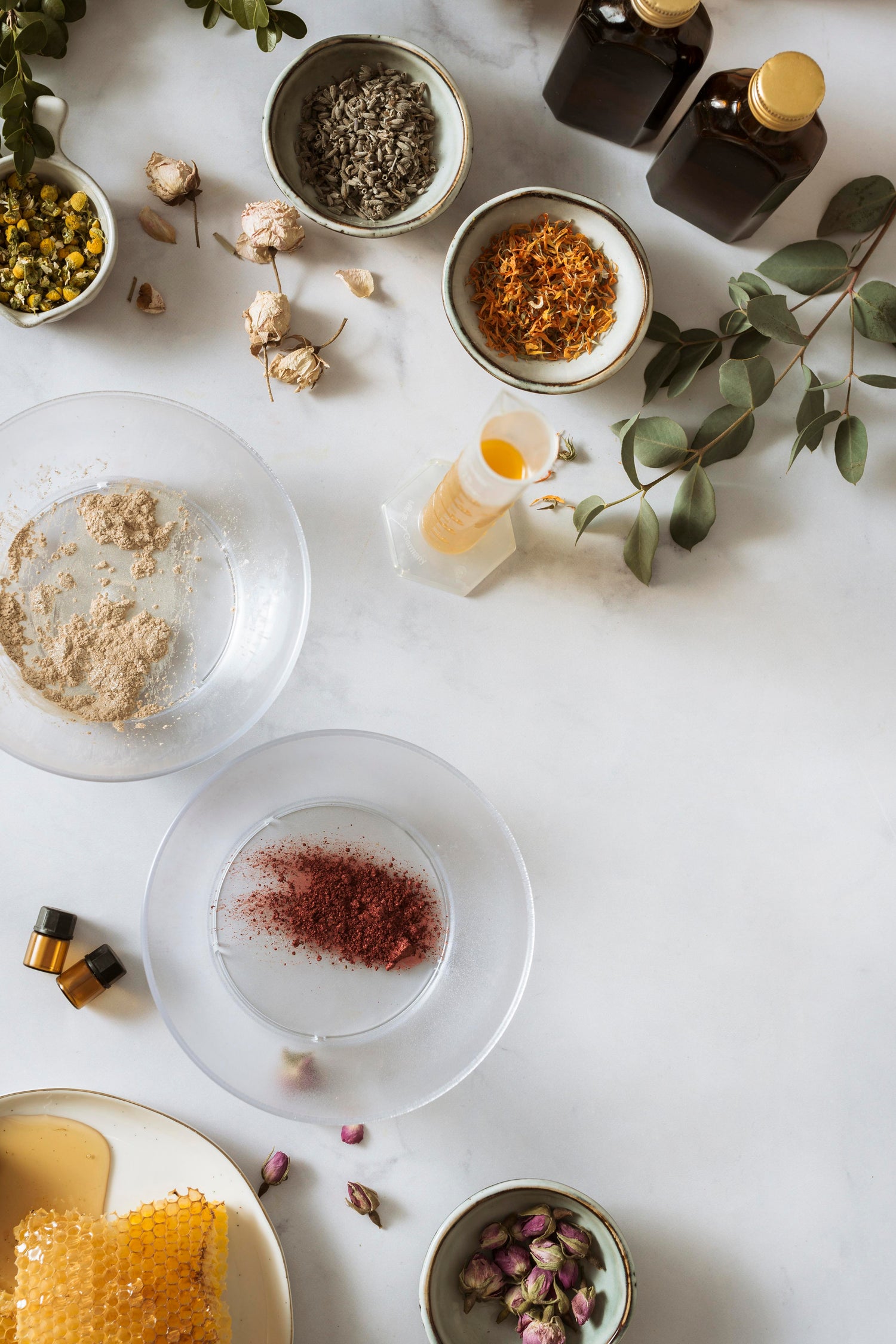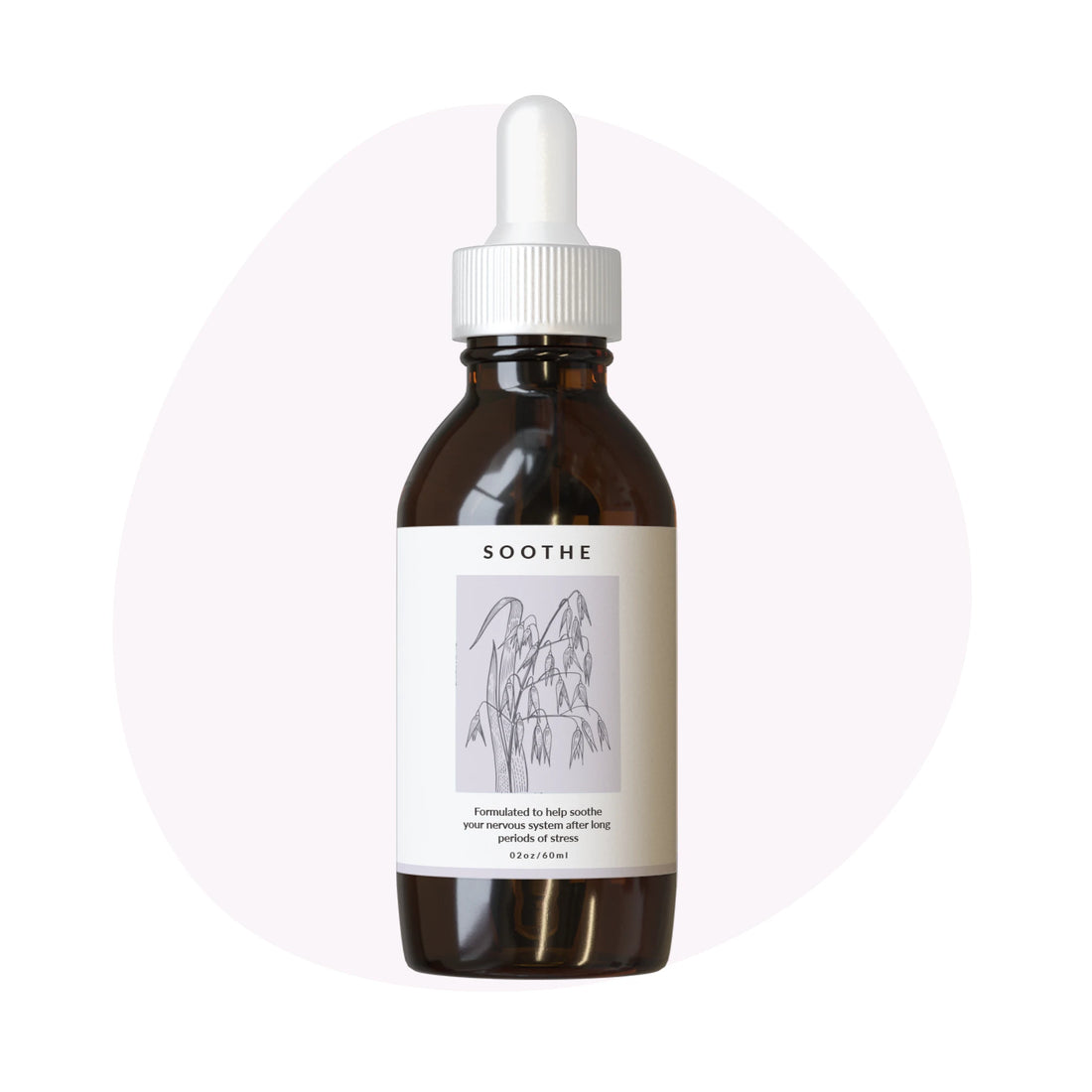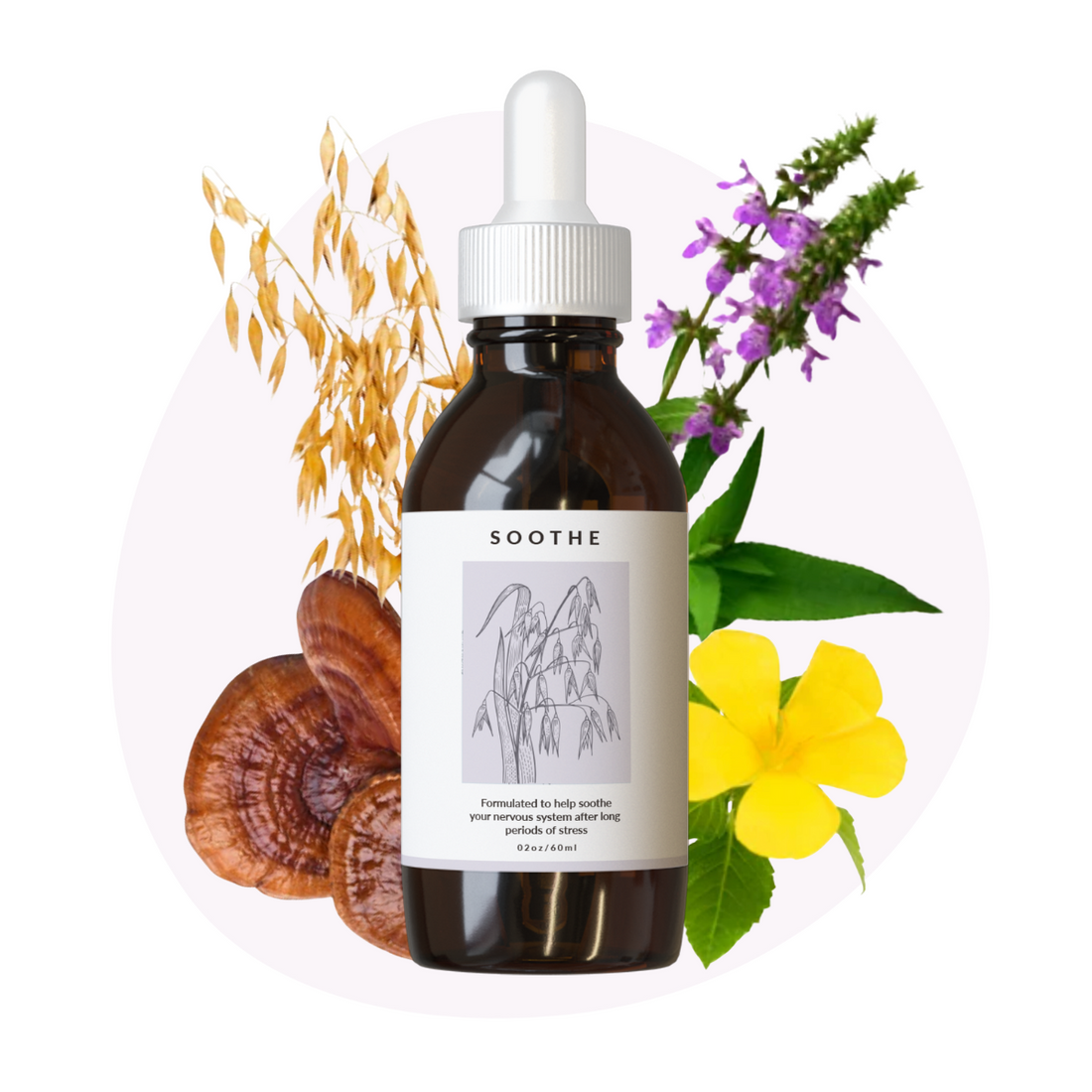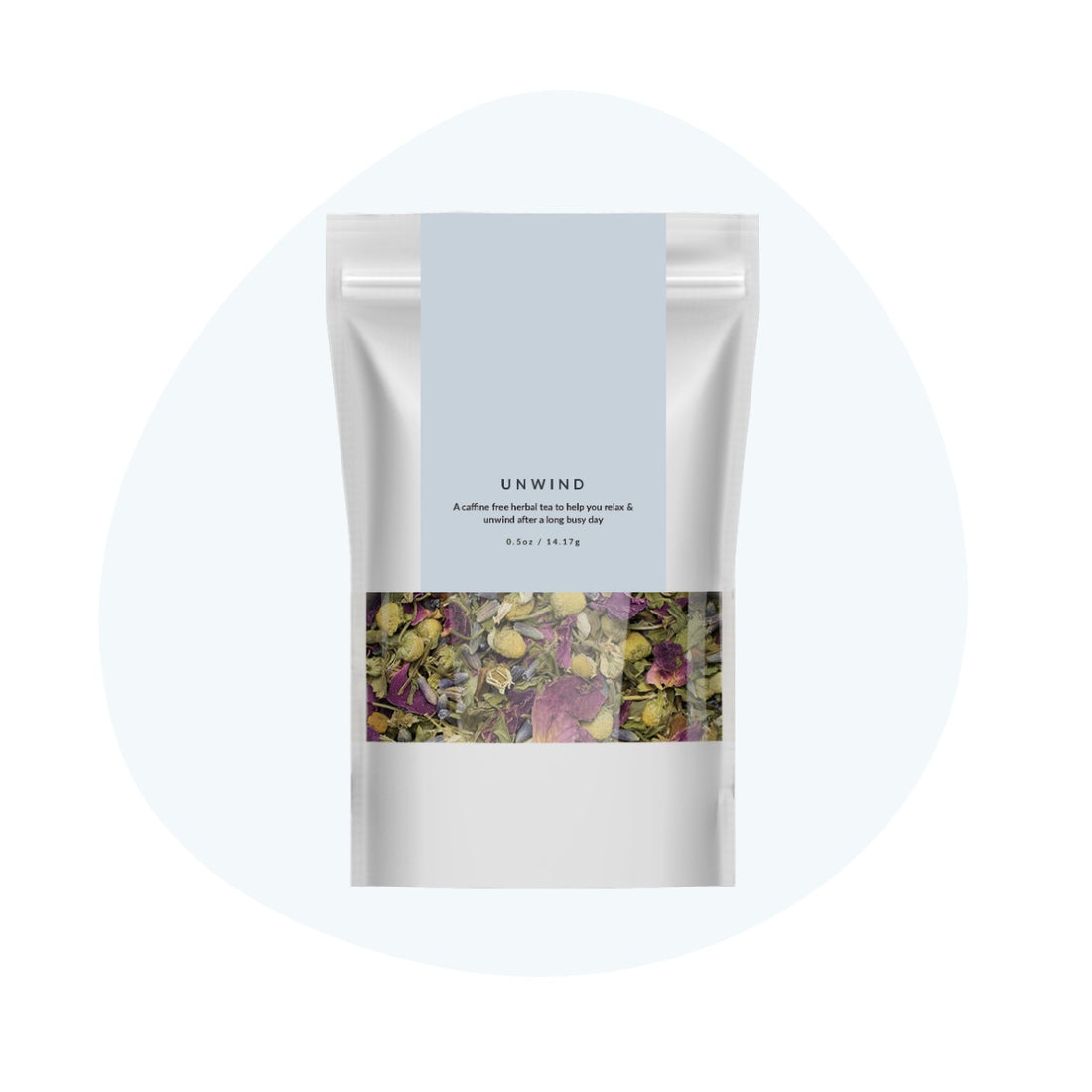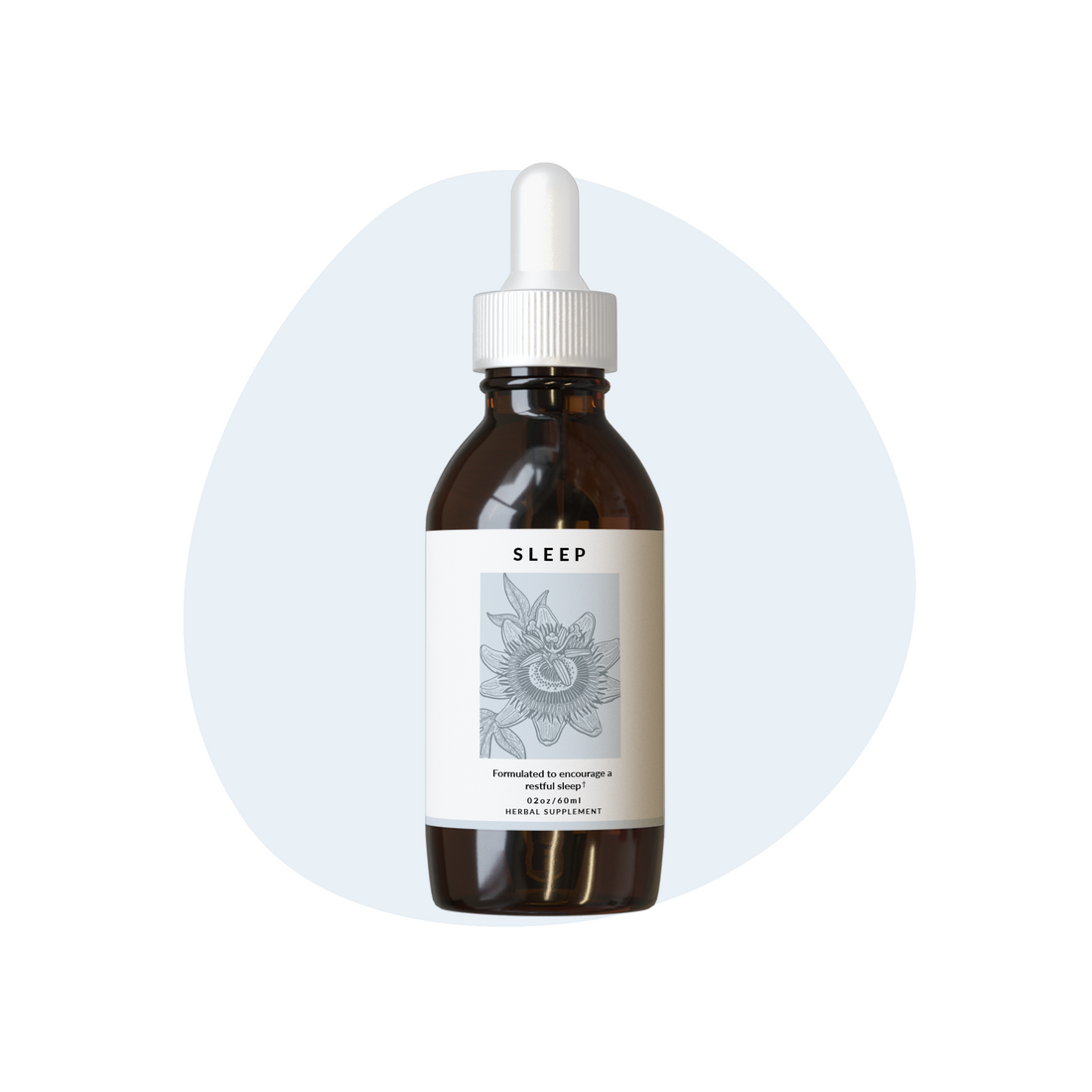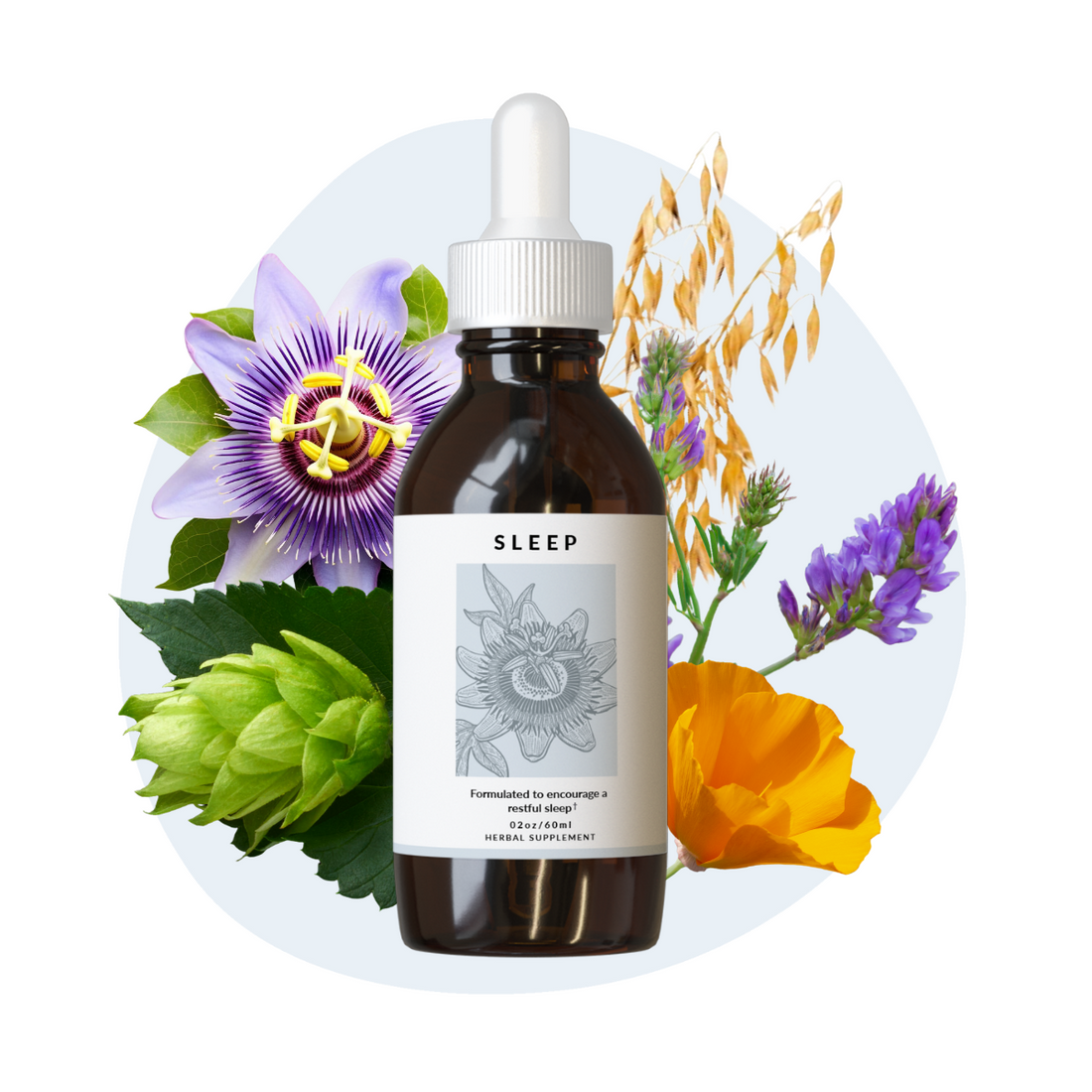You may have noticed that there are quite a few different ways to consume herbs. You also might be wondering which is the best way to consume them. And the answer to that question is, it depends on the goal and the herb. So, let's dive into the different types of extraction methods in different ways to consume your herbs.
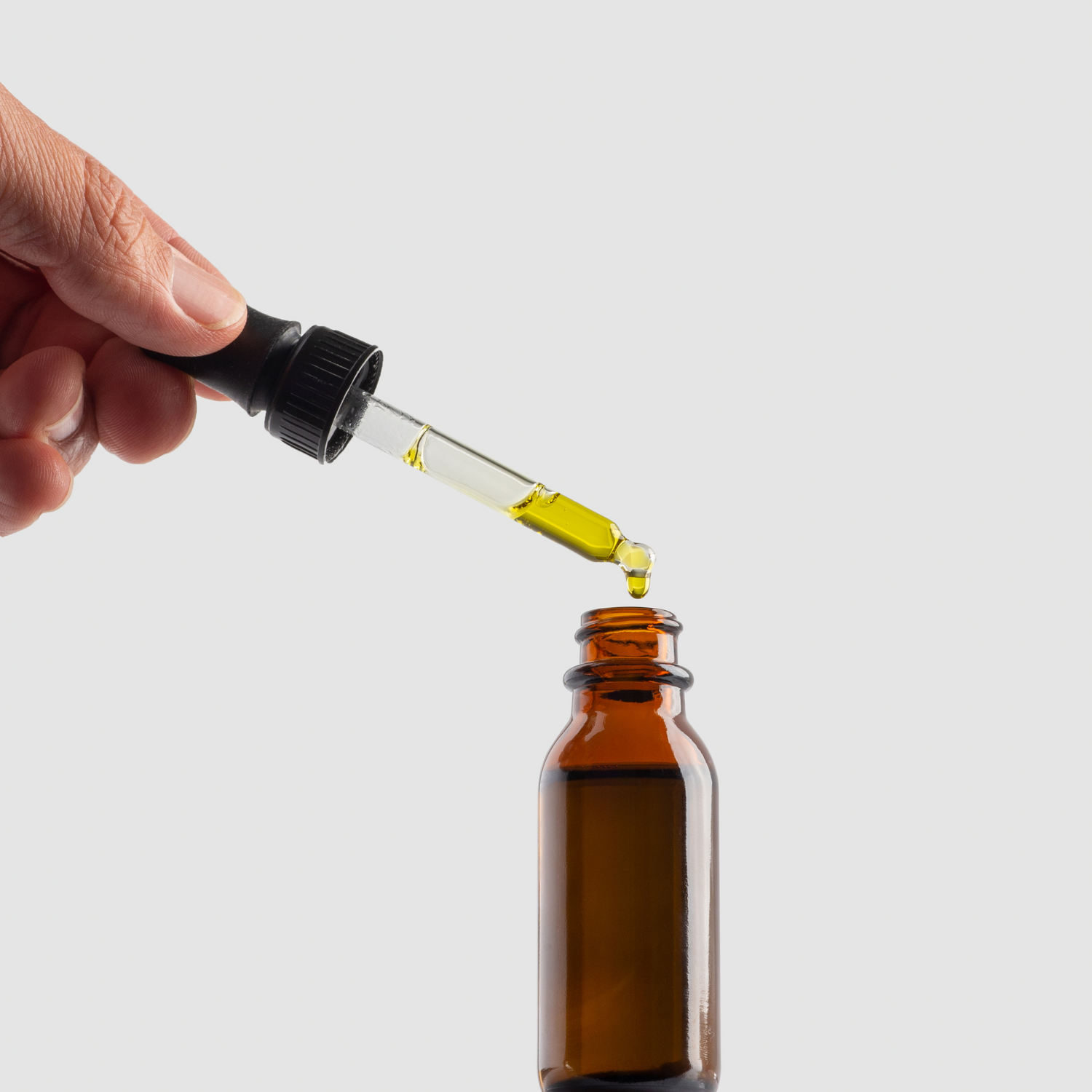
Tinctures
Tinctures are liquid extractions of plant material in a base of alcohol or glycerine. This method is the most bioavailable way to absorb the medicinal plant chemicals within the herbs. This is mainly due to the liquid extract being more easily and quickly digested. Most tinctures you will find on the market will use alcohol as the solvent. This is due to alcohol's powerful capabilities to extract medicinal compounds from plants and being a stable preservative. On the other hand, glycerine still pulls out some of the plant's healing properties but it is a less stable preservative. Thus alcohol tinctures will provide a stronger and longer lasting medicine compared to glycerine tinctures.
You might be wondering why glycerine tinctures are still widely used? The reason for this is because they are still a great and potent way to consume medicine from plants, especially if they are consistently used long term instead of acute situations. Glycerine tinctures are popular because of the sweet taste that glycerine brings to the tinctures and are a great alternative for those who cannot consume alcohol.
Purely Natural Apothecary uses a mixture of alcohol and water for the initial extraction of medicinal compounds. We then add glycerine to the mix to give the tincture a more satisfying taste. This is providing a potent medicine while making it easier and more satisfying to consume daily. As we like to say, the best of both worlds.
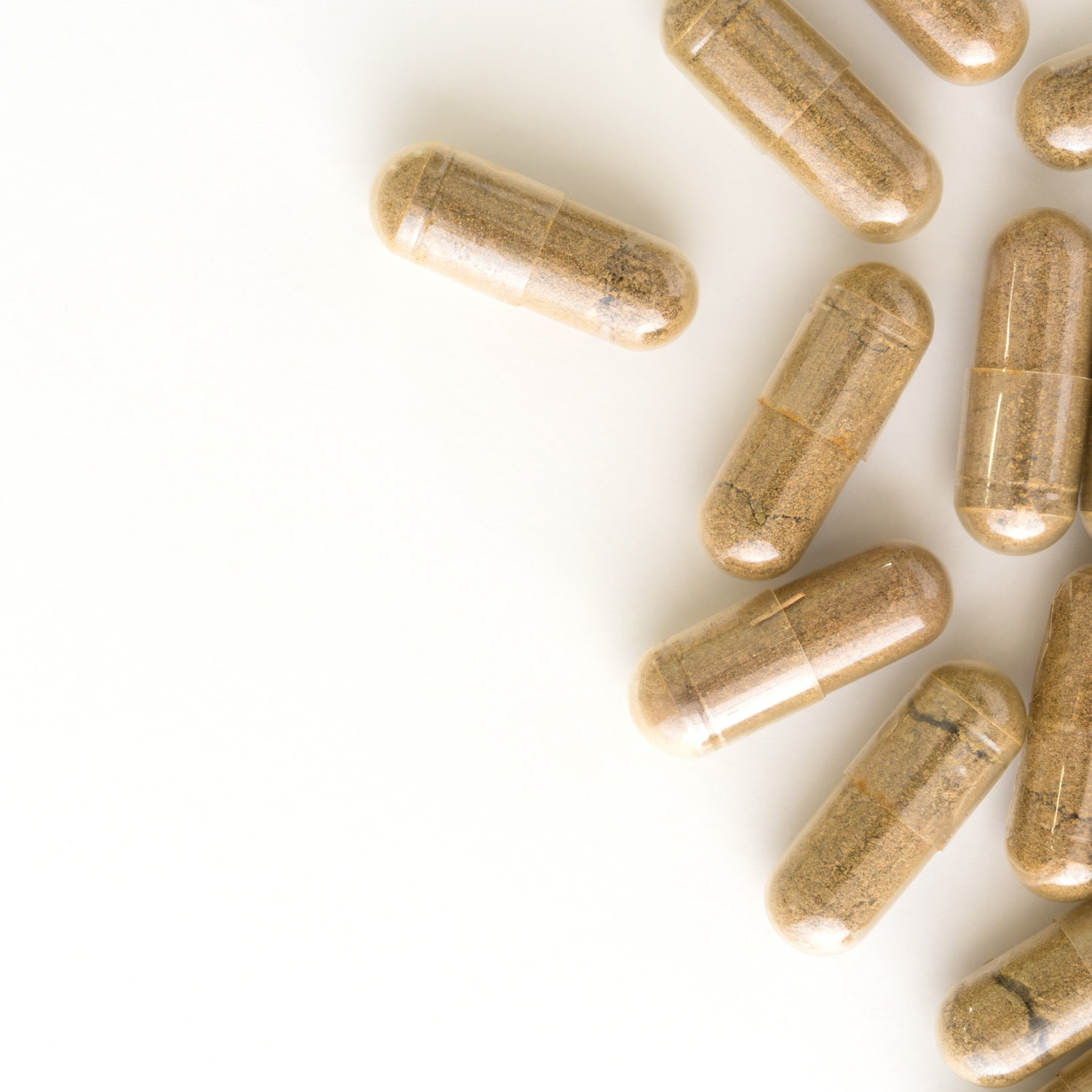
Capsules
Capsules are a convenient way of consuming herbs. Most people can find it hard to consume tinctures 3 times per day consistently. Capsules involve grinding up dry herb material into a fine powder which can be easily assimilated by the body once the capsule casing is digested. Although this is a longer process compared to tinctures it is still a great way to consume whole plant material with all of its compounds intact. Capsules are a great way to consume herbs with a ‘food as medicine’ approach. Think of it being an alternative way to eat your herbs. However, it is important to note that using a tincture for an acute illness can be more beneficial than consuming the same herb in capsule form.
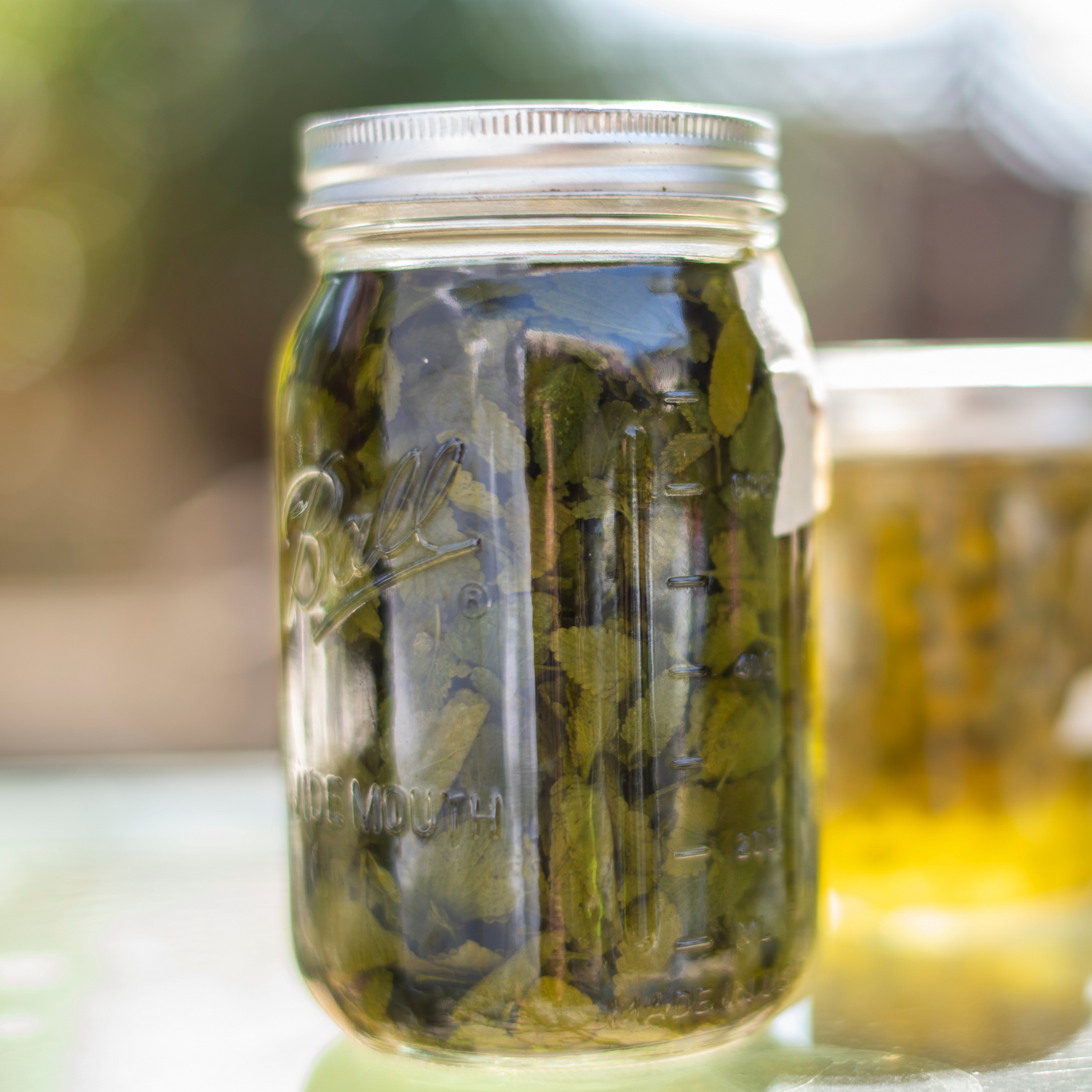
Long Infusions
Infusions are simply herbal teas that can be made from fresh, dried or powdered herbs. A ‘long’ infusion is allowing the plant material to be covered in water for up to 24 hours before consuming. Allowing the plant material to sit in the hot or cold water allows more time for the plant constituents to be extracted. Infusions are a very common way to consume herbal medicines.
Decoctions
Decoctions are a long and low simmer method specifically for roots, barks, seeds, and resins. The long simmering of water over heat allows the plant material to soften and extracts the medicinal compounds.
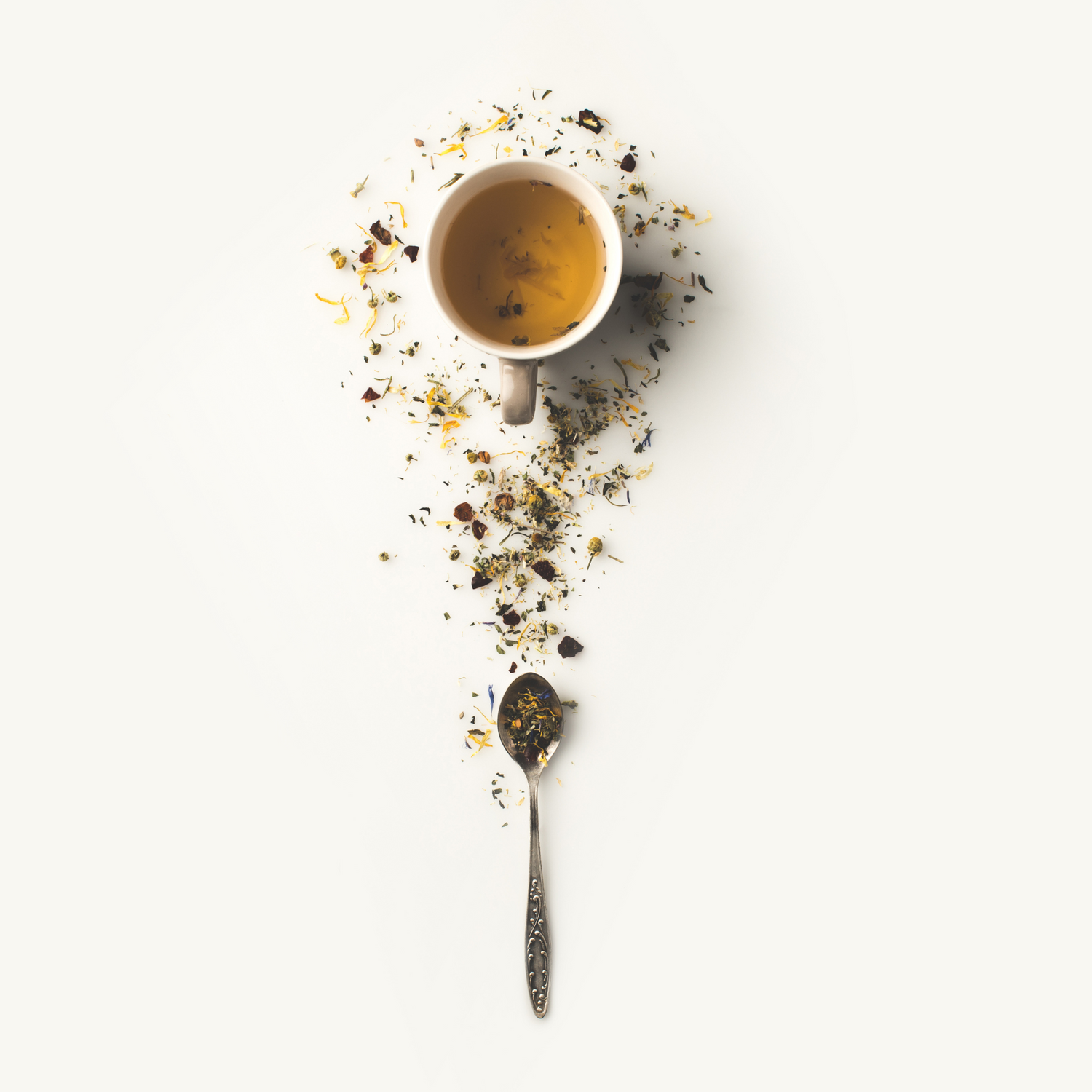
Teas
Teas or “short” infusions are what typically comes to mind when you think of having a cup of tea during your day. This is where you take a dried plant material and pour hot water over the material and allow it to steep for up to 15 minutes. This method is not recommended if you are looking to extract medicinal properties of the herb. Due to its short steep time there isn’t much that is extracted. Short infusions work great for gentle herbs that are higher in volatile oils such as chamomile, lavender, or rose.


